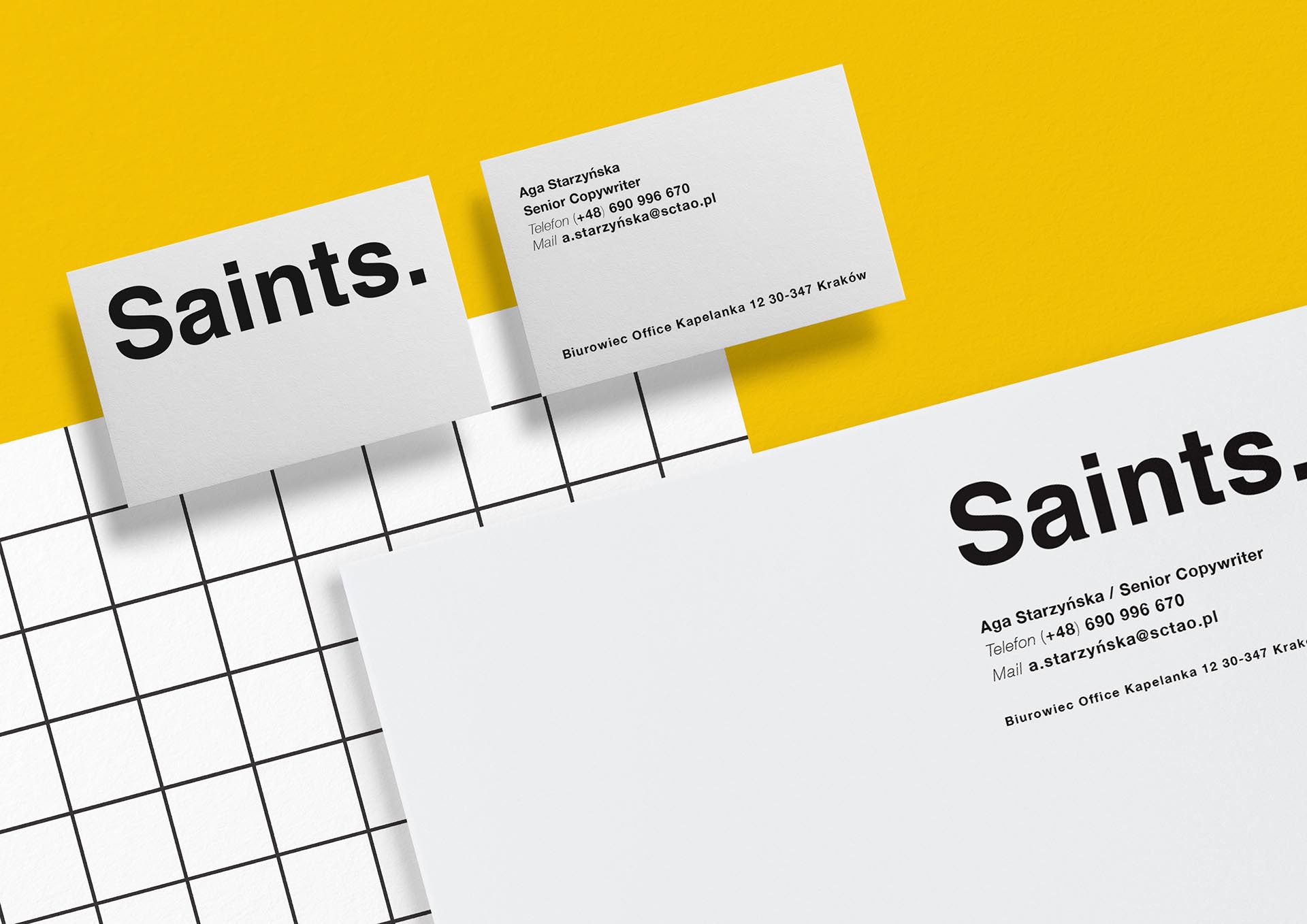Why Your Design Team Should Hire a Writer

Writers + Designers = A match made in heaven.
Writing in Design
Lately, there’s been a lot of buzz about writing in design. Whether you call it UX writing, product writing, or content design, it’s clear that the words in your design matter.
In his 2017 Design in Tech talk, John Maeda spelled it out for us: “Words are really important because the graphics don’t make sense sometimes.” Fast Co Design followed up with a piece called “Forget Coding: Writing Is Design’s Unicorn Skill.”
Sounds simple, right? To be a great designer, you need to know how to write. No biggie. You write all the time. Emails, specs, tweets — ain’t no thang.
Well, I’m a writer and former English teacher, and I think writing is tough. It’s tough to learn and tough to teach. That’s why Amazon has over 500,000 books about writing!
The mechanics of writing are hard enough to get right, but do you know what’s really hard? Those hand-wavy concepts like word choice, tone, and rhythm. Those skills take forever to master.
So what’s a design team to do?
Have You Considered Hiring a Writer?
In case you haven’t noticed, more and more design teams are starting to hire writers — writers who think like designers.
Companies big and small are realizing the importance of good copy, and they’re hiring writers to design words. Adobe, Spotify, Slack, HBO, GoPro, Intercom — all these companies hired their first product writers in the past couple of years. Product writers are poppin’ up everywhere.
I know hiring a writer isn’t an option for everyone, but just consider it. The next time you’re wrangling with words, just consider it. What if you added a writer to your team? A writer might be that one missing piece to your puzzle.
Below are a few reasons why I think every design team should have a writer.
Unlike pop-culture’s current obsession with bleak, heavy drama (Game Of Thrones, Breaking Bad, we’re talking to you)
Unlike pop-culture’s current obsession with bleak, heavy drama (Game Of Thrones, Breaking Bad, we’re talking to you)
Unlike pop-culture’s current obsession with bleak, heavy drama (Game Of Thrones, Breaking Bad, we’re talking to you)